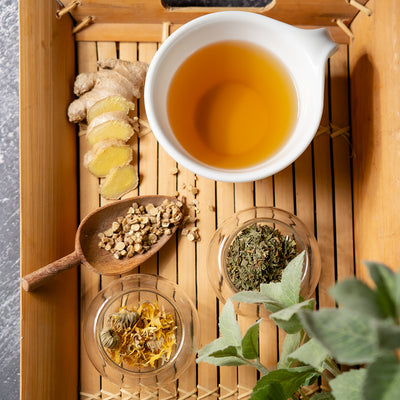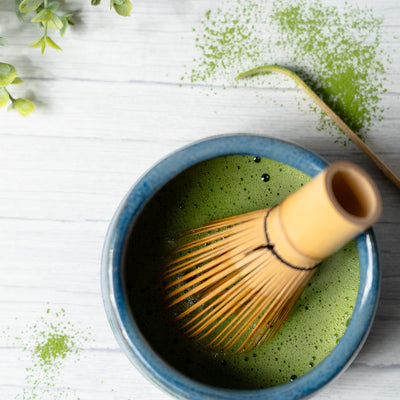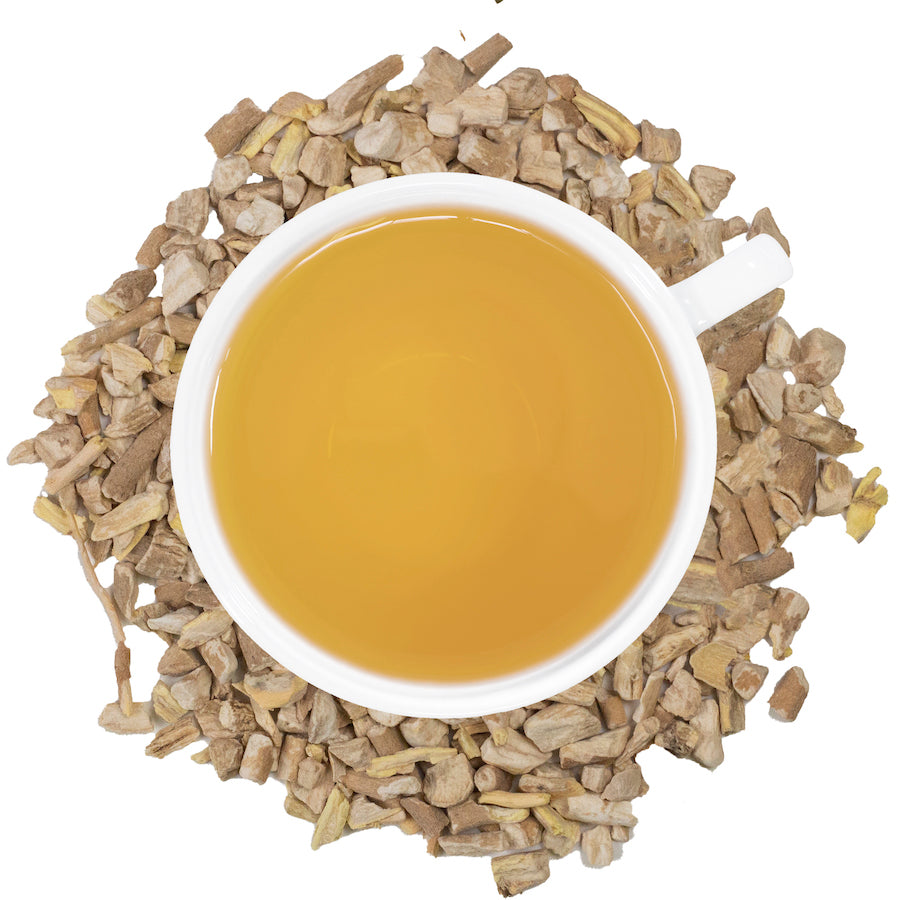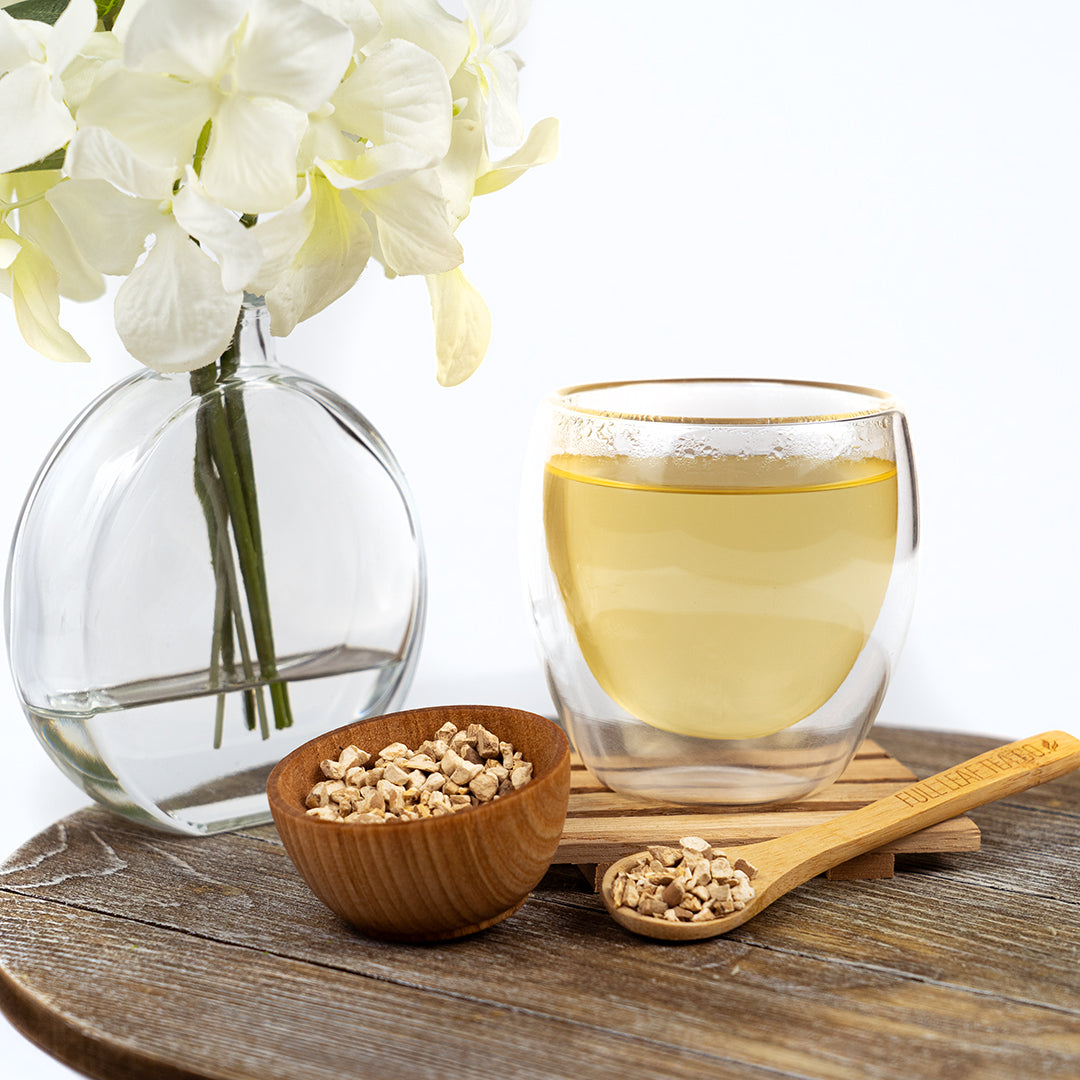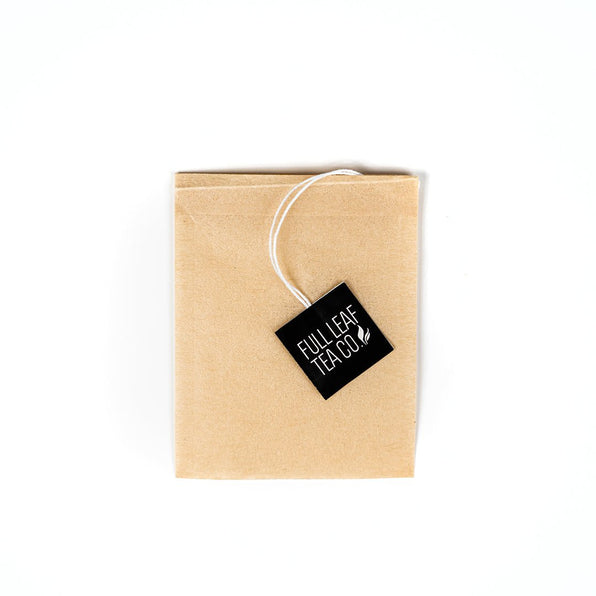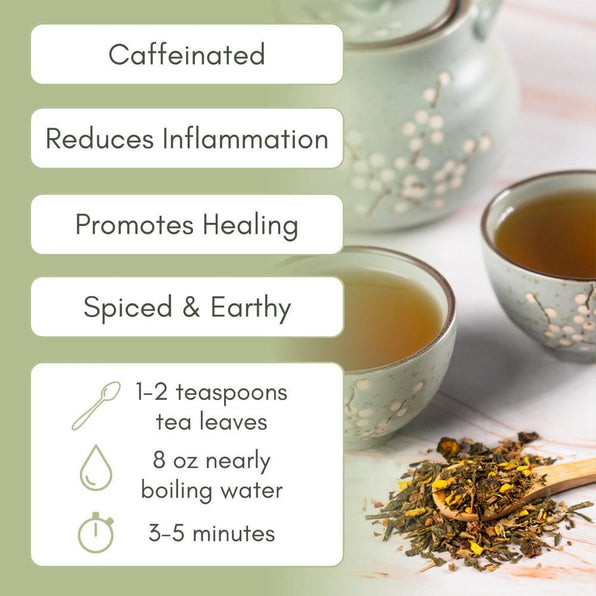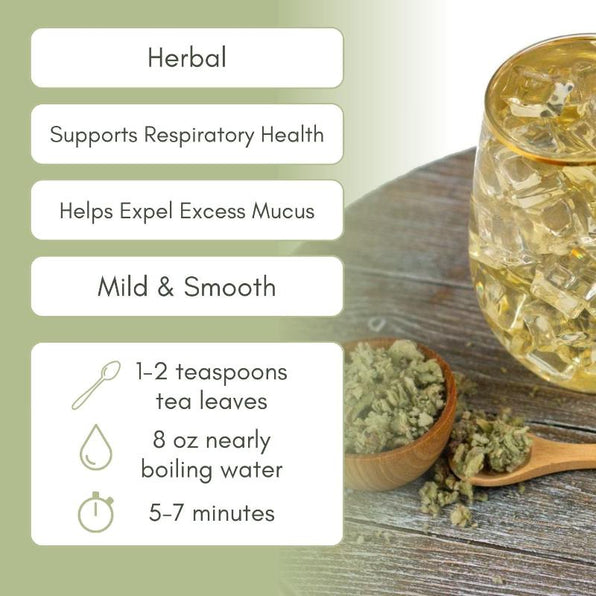What is Ashwagandha?
Ashwagandha tea is a herbal infusion made from the roots or leaves of the Ashwagandha plant, scientifically known as Withania somnifera. Ashwagandha is a revered adaptogen in Ayurvedic medicine, known for its potential to help the body adapt to stress and promote overall well-being. Ashwagandha tea is often used to alleviate stress and anxiety, enhance mental clarity, and support relaxation. It is also believed to have potential benefits for various aspects of physical and mental health, making it a popular choice in traditional herbal remedies. The taste of Ashwagandha tea is earthy and somewhat bitter, which can be balanced with the addition of sweeteners or other herbs to suit individual preferences.


